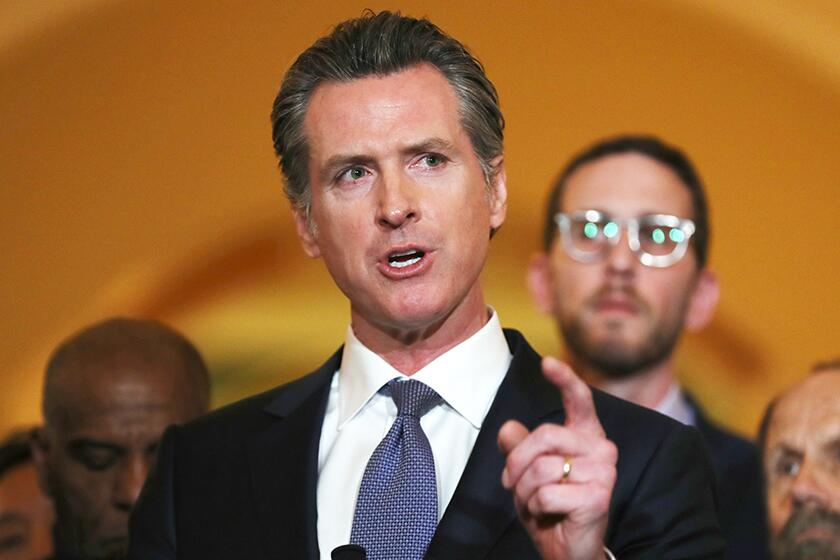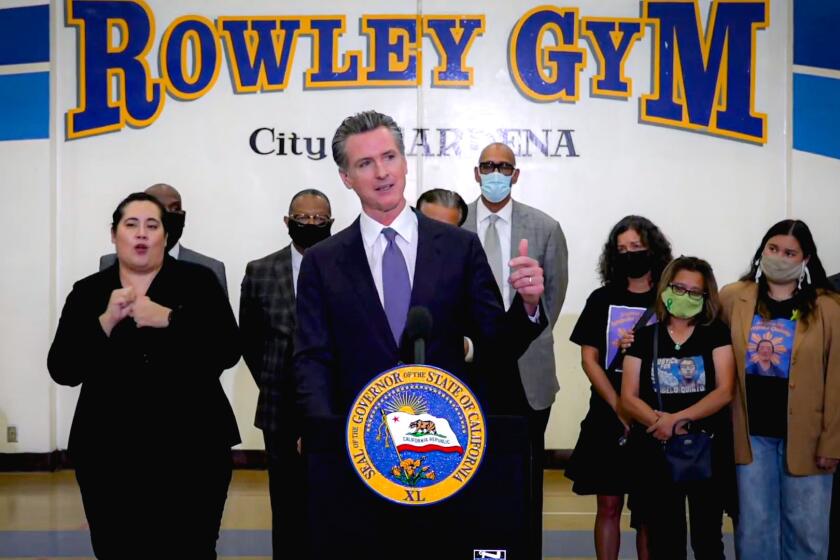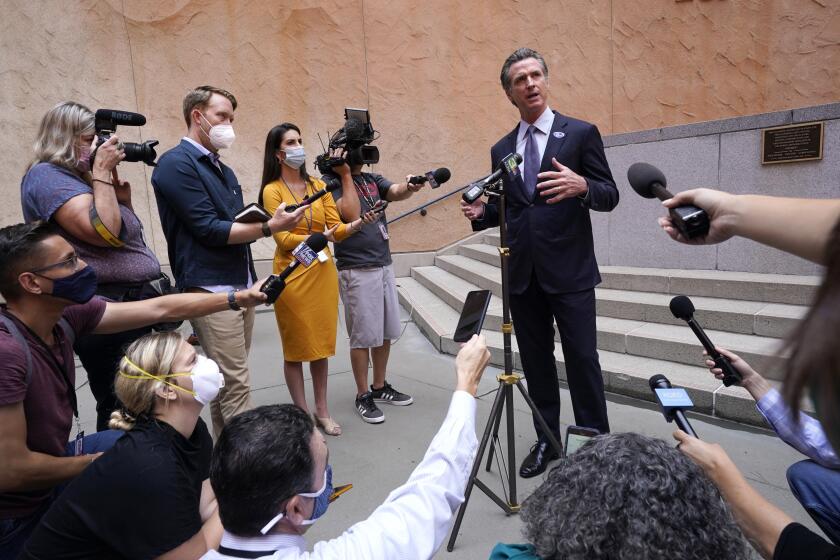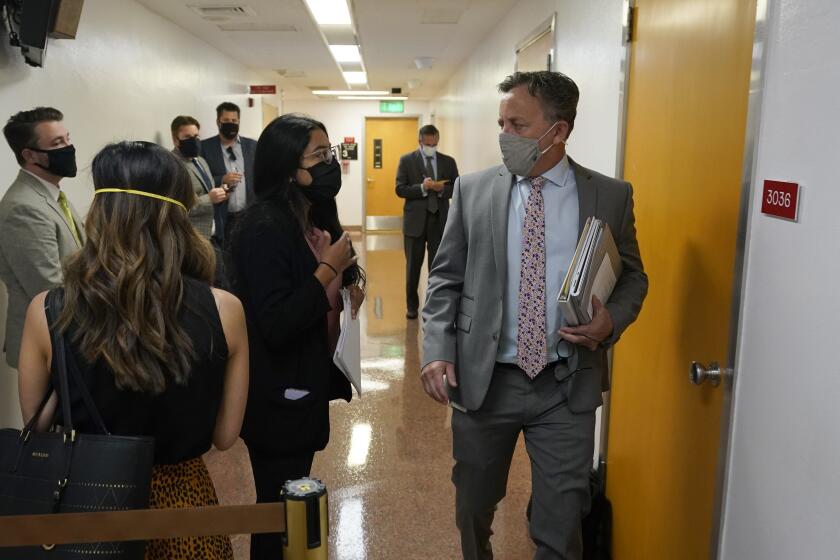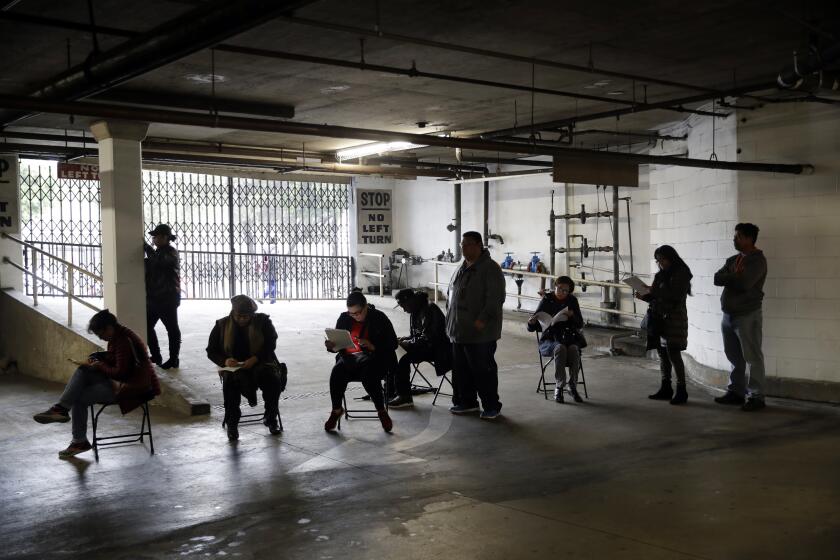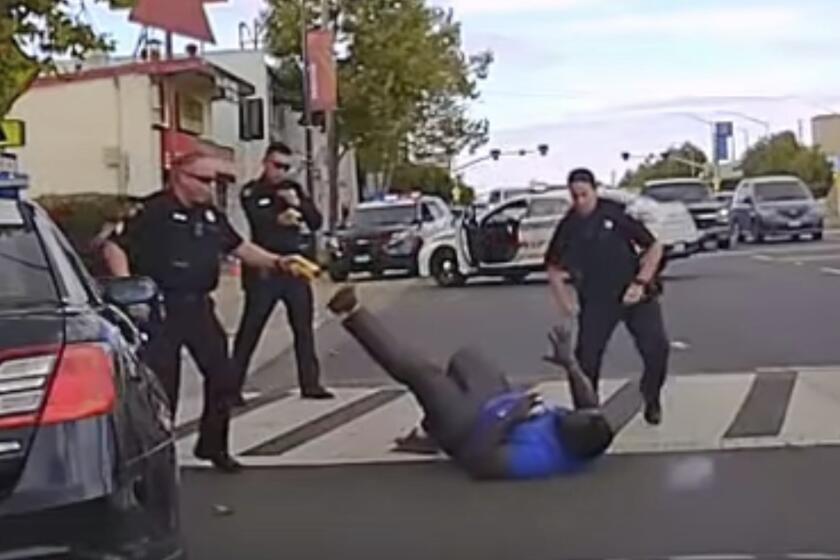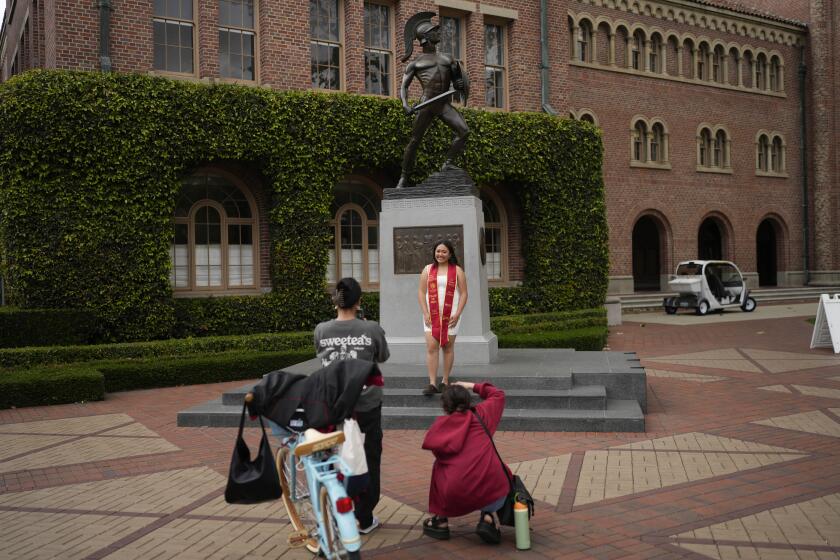California may have sent $1 billion in jobless benefits to people outside the state, DAs warn
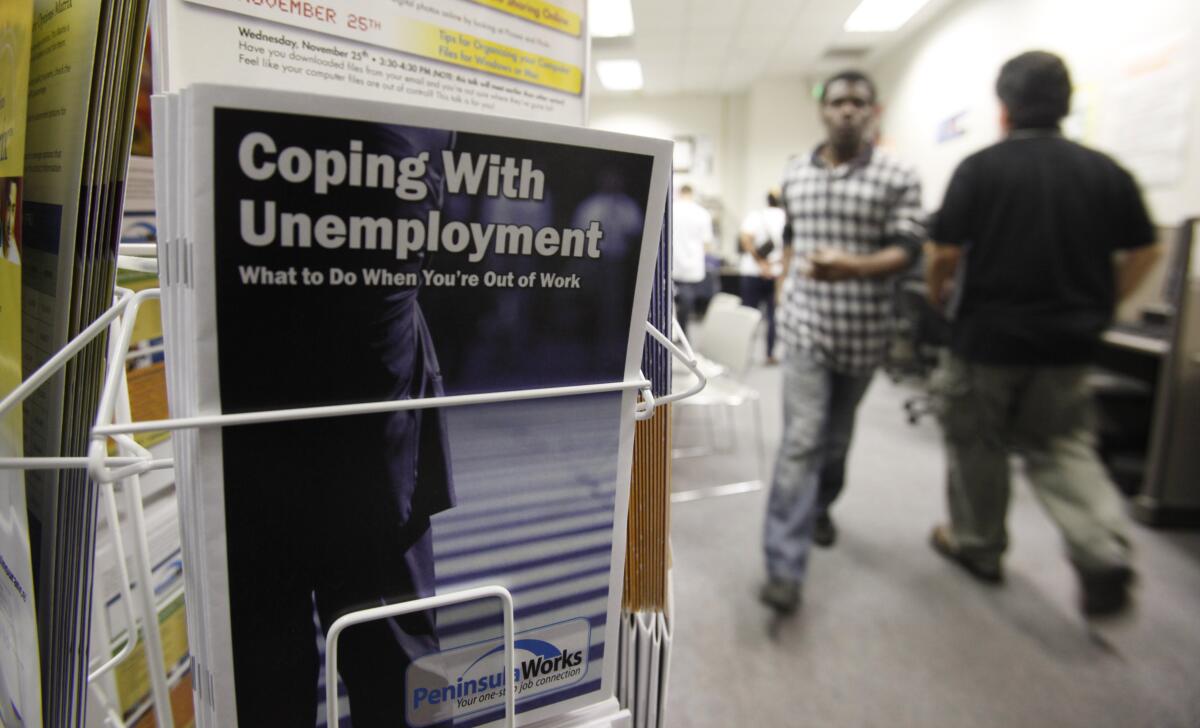
Much of the unemployment benefits sent outside of California may be based on fraudulent claims, several prosecutors warned Thursday, in the latest flap involving the state EDD
California may have sent a billion dollars or more in unemployment benefits to people out of the state, including to other countries, and much of it may be based on fraudulent claims, several prosecutors warned Thursday.
District attorneys from nine counties including San Diego, Sacramento and Riverside sent a letter to Gov. Gavin Newsom urging him to use his executive powers to increase resources investigating widespread unemployment benefit fraud involving prison inmates and to immediately check jobless claims against personal data of those behind bars.
The prosecutors told the governor they have received “unverified information” that the state Employment Development Department has distributed at least $1 billion in unemployment benefits to out-of-state claimants.
“We are deeply concerned that the fraud will continue to grow exponentially,” the district attorneys wrote to the governor.
McGregor Scott, U.S. attorney for the Eastern District of California, whose office had been investigating the prison fraud for months, said the problem may be even greater, with preliminary federal findings that “billions of dollars were sent out of the state and out of the country by EDD,” Scott said.
Prosecutors and legal experts say there can be legitimate reasons unemployment benefits could be sent out of the state, such as a jobless Californian temporarily relocating while prepared to return if a job opens up.
Normally, claimants need to be be ready and able to go back to work, but a requirement for people to show they are looking for a job was suspended because of COVID-19 pandemic, said Jennifer Shaw, a Sacramento attorney with expertise in unemployment law.
But as The Times reported Thursday, several D.A.s statewide are frustrated that Newsom and Attorney General Xavier Becerra haven’t done more to help prosecutors weed out legitimate payments from those resulting from fraud.
Riverside County District Attorney Mike Hestrin said his office has identified about 1,500 inmates in Riverside County who have received EDD benefits, including some whose funds went out of state. “We are still working through this,” he said. “But it’s massive.”
Another law enforcement official working on a statewide fraud investigation said the EDD sent money to addresses across the globe, particularly Central America, and some of the money was on inmate claims including people on death row. One of the addresses is in Australia, said the official, who spoke on condition of anonymity because the investigation is ongoing.
The prosecutors’ warning comes just days after EDD officials estimated the agency has paid $400 million to inmates in state prisons, including death row inmates. Those who had claims filed in their name include Scott Peterson, who was convicted of killing his wife, although his attorney says Peterson was not involved in filing the claim or receiving unemployment benefits.
The concern that money is being sent to out-of-state addresses on fraudulent claims also emerged as hundreds of thousands of jobless Californians have been unable to get payment on legitimate claims.
Residents as far away as Connecticut and Florida have told The Times in recent months that they received numerous unsolicited letters from the EDD on claims in the names of people they did not know and that they suspect are fraudulent.
The border-crossing unemployment fraud has hit other states as well. In May, the U.S. Secret Service warned law enforcement and other agencies of a Nigerian crime ring that may have targeted multiple states including Washington, North Carolina and Rhode Island with millions in false claims.
In June, the U.S. Department of Labor and Oklahoma investigators uncovered 1,300 unemployment insurance claims filed from internet addresses in London, authorities said. Those claims were discovered before being paid.
Representatives of the EDD and the governor did not respond Thursday to prosecutors’ concerns that large sums of benefits may be heading out of the state.
However, a task force Newsom announced to investigate the prison-related fraud has “made important progress,” said Brian Ferguson, a spokesman for the Governor’s Office of Emergency Services, which is overseeing the group effort.
He said state officials have “identified a path forward to address the data-sharing challenges” between the EDD and the prisons, but he said details would be released later.
Newsom said at a news conference earlier in the day that the state has taken steps to tighten security on claims, including a system installed in September that requires new unemployment benefit claimants to verify their identity with documentation.
“It has been very, very effective at addressing some of the fraud issues in the front door,” Newsom said.
The governor said the state Employment Development Department’s challenge is to balance the need to get benefits quickly to jobless Californians while also stopping fraud.
“People want things in a timely manner, but they also want the veracity in terms of the distribution of those funds,” Newsom said.
The EDD has 17 investigators assigned to its fraud unit for the entire state, so Newsom said earlier this week that more than a dozen investigators from the California Department of Corrections and Rehabilitation have been assigned to assist a state task force probing the unemployment fraud.
However, the district attorneys say they do not have the resources to handle the flood of unemployment fraud they are encountering.
“Since the beginning of the pandemic and the declaration of the state of emergency, you have issued a variety of executive orders including those addressing financial assistance through the federal CARES Act,” the prosecutors wrote. “There is perhaps no greater need to protect the resources of the state than to immediately prohibit payment unemployment benefit claims made in the names of state, federal and local inmates.”
In addition to more resources, the local prosecutors said the state needs to resolve a problem that has prevented the EDD from checking unemployment claims against the personal information of inmates, including Social Security numbers.
The state prison agency has contended that it legally can’t provide Social Security numbers to the Employment Development Department because it’s not a law enforcement agency. A federal subpoena has allowed some cross-matching during the investigation, which led the EDD to say it has paid at least $400 million on claims in the names of prison inmates.
Thursday, the district attorneys offered an alternative interpretation of current rules and contended that prison officials are wrong in their interpretation and could legally share the database information with the EDD.
The prosecutors said the EDD has the authority to enter into a reciprocity agreement with other law enforcement agencies and provide information, including Social Security numbers and dates of birth, and they noted such agreements are already in place.
The prosecutors called on Newsom to swiftly use his executive powers “to stop the exponential growth of this fraud.”
Get Essential San Diego, weekday mornings
Get top headlines from the Union-Tribune in your inbox weekday mornings, including top news, local, sports, business, entertainment and opinion.
You may occasionally receive promotional content from the San Diego Union-Tribune.




